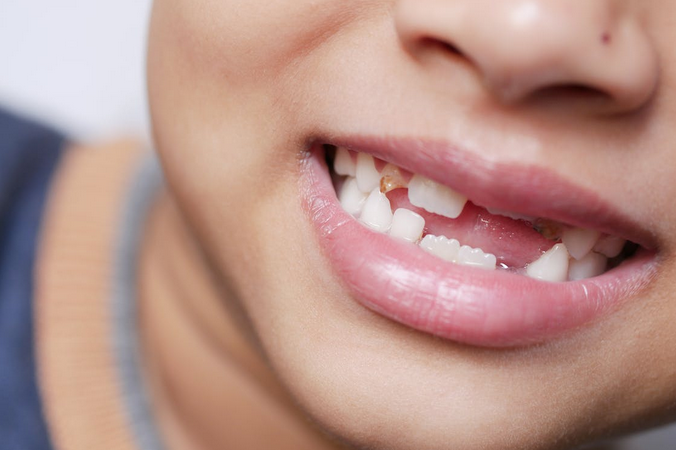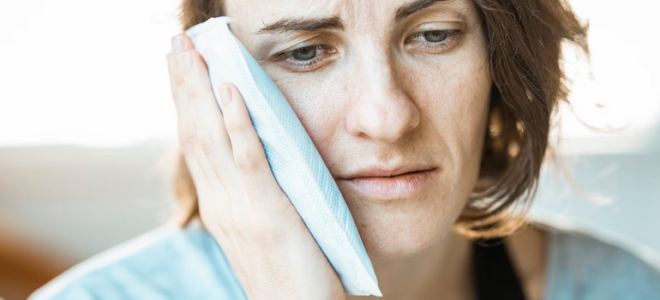In times of unexpected dental distress, knowing how to respond swiftly can make all the difference between discomfort and relief. While professional dental care is crucial and urgent dental care manchester can provide you with immediate care, there are steps you can take at home to alleviate pain and prevent further damage. If you’re experiencing severe pain, swelling, or other urgent dental issues, reach out to a professional emergency dental service.
Toothache Troubles
A sudden toothache can be debilitating, disrupting daily routines and causing immense discomfort. If you find yourself grappling with tooth pain, start by rinsing your mouth with warm water to cleanse the area. Next, gently floss around the affected tooth to remove any trapped debris or food particles that may be exacerbating the pain. Over-the-counter pain relievers can help manage discomfort until you can seek professional dental care.
Knocked-Out Teeth

In the event of a knocked-out tooth, time is of the essence. Handle the tooth carefully by the crown (the visible part), avoiding contact with the root. Rinse the tooth gently under cool water to remove dirt or debris, but do not scrub or remove any tissue fragments. If possible, attempt to reinsert the tooth into its socket, holding it in place with gentle pressure or by biting down on a clean cloth. If reinsertion isn’t feasible, place the tooth in a container of milk or a mild saline solution to keep it moist while en route to the dentist.
Broken Dental Restorations
Broken dental restorations, such as fillings, crowns, or bridges, can leave teeth vulnerable to further damage and sensitivity. If a restoration becomes dislodged, rinse your mouth with lukewarm water to remove any debris. If available, apply dental wax or temporary dental cement to cover and protect the exposed area until you can see your dentist. Avoid chewing on the affected side of your mouth to prevent additional discomfort or damage.
Oral Injuries
Traumatic injuries to the mouth, including cuts, lacerations, or puncture wounds, require prompt attention to minimize the risk of infection and ensure proper healing. Rinse your mouth with a saline solution or warm water to cleanse the wound, gently applying pressure with clean gauze to control bleeding. If bleeding persists or the injury is severe, seek immediate medical attention or visit your nearest emergency room for assessment and treatment.

When to Seek Professional Help
While home remedies can provide temporary relief for dental emergencies, they are not substitutes for professional dental care. It’s essential to contact your dentist or an emergency dental clinic as soon as possible for further evaluation and treatment. Dentists have the expertise and resources to address dental emergencies comprehensively, providing tailored solutions to alleviate pain and restore oral health.
Navigating dental emergencies at home can be daunting, but armed with the right knowledge and resources, you can respond effectively and mitigate potential complications. By following these first-aid tips from emergency dentists, you can take proactive steps to manage dental emergencies with confidence and safeguard your oral health until professional care is available. Remember, when in doubt, don’t hesitate to reach out to your dentist for guidance and support in times of dental distress.

